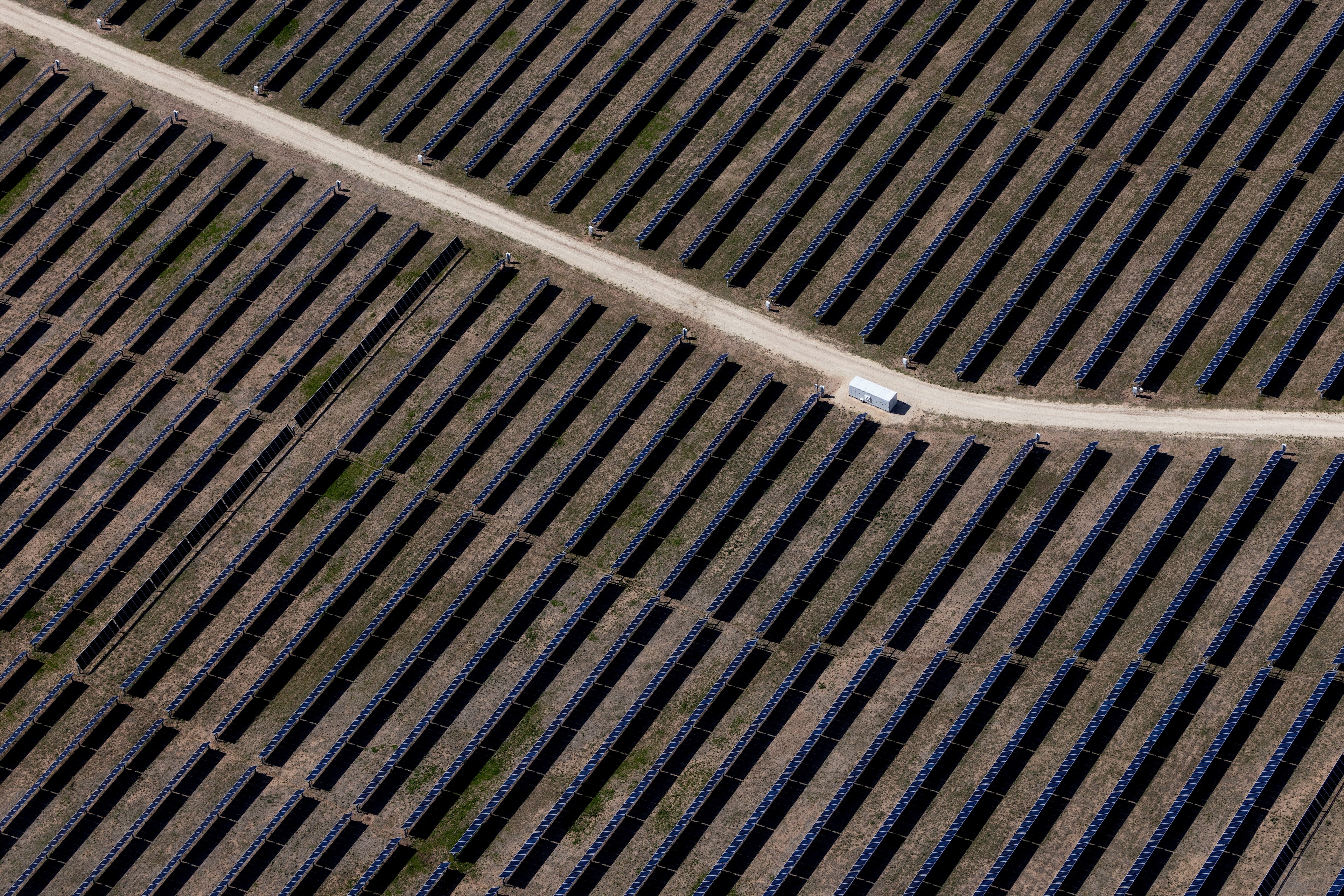Community gardens boost well-being and biodiversity

Gardeners can have a positive impact on local ecosystems.
Image: Unsplash/Kenny Eliason
Stay up to date:
Future of the Environment
- A study shows how community gardens are increasing the well-being of gardeners, and how they support high levels of plant and animal biodiversity.
- Urban community gardens and urban farms can benefit biodiversity as they tend to grow more types of plants in smaller areas.
- The study also finds that the choices gardeners make can have a large impact on local ecosystems – for instance, planting trees outside crop beds could increase carbon sequestration without limiting pollinators.
Community gardens and urban farms positively affect biodiversity, local ecosystems, and the well-being of people that work in them, a new study shows.
Traditionally, it has been assumed that cultivating food leads to a loss of biodiversity and negative impacts on an ecosystem.
For the study, researchers looked at 28 urban community gardens across California over five years and quantified biodiversity in plant and animal life, as well as ecosystem functions such as pollination, carbon sequestration, food production, pest control, and human well-being.
“We wanted to determine if there were any tradeoffs in terms of biodiversity or impacts on ecosystem function,” says Shalene Jha, an associate professor of integrative biology at the University of Texas at Austin, and lead author of the study in Ecology Letters
“What we found is that these gardens, which are providing tremendous nutritional resources and increasing well-being for gardeners, are also supporting incredibly high levels of plant and animal biodiversity. It’s a win-win.”
Previous assumptions by scientists about the negative effect of food production on biodiversity have been almost entirely based on intensive rural agriculture enterprises that tend to grow only one or two types of crops, often at a massive scale.
Urban community gardens, private gardens, and urban farms and orchards tend to grow more types of plants in smaller areas. The new study is the first to explore the effects of urban gardens across a wide range of biodiversity measures and ecological services.
“It’s estimated that by 2030, about 60% of the world’s population will live in cities,” Jha says. “And urban farms and gardens currently provide about 15%-20% of our food supply, so they are essential in addressing food inequality challenges. What we’re seeing is that urban gardens present a critical opportunity to both support biodiversity and local food production.”
The study also found that the choices that gardeners make can have a large impact on their local ecosystem. For instance, planting trees outside crop beds could increase carbon sequestration without limiting pollinators or decreasing food production from too much shade. And mulching only within crop beds could help improve soil carbon services, while avoiding negative effects on pest control and pollinators.
The US Department of Agriculture’s National Institute of Food and Agriculture, the National Science Foundation, and grants from the University of California funded the work.
Additional coauthors are from UC Santa Cruz, Seattle University, and Water Flagship in Australia.
Source: UT Austin
What is the World Economic Forum doing about nature?
Accept our marketing cookies to access this content.
These cookies are currently disabled in your browser.
Don't miss any update on this topic
Create a free account and access your personalized content collection with our latest publications and analyses.
License and Republishing
World Economic Forum articles may be republished in accordance with the Creative Commons Attribution-NonCommercial-NoDerivatives 4.0 International Public License, and in accordance with our Terms of Use.
The views expressed in this article are those of the author alone and not the World Economic Forum.
Related topics:
Forum Stories newsletter
Bringing you weekly curated insights and analysis on the global issues that matter.
More on Nature and BiodiversitySee all
Elena Raevskikh and Giovanna Di Mauro
July 23, 2025
Arunabha Ghosh and Jane Nelson
July 22, 2025
Sebastian Buckup and Beth Bovis
July 10, 2025






